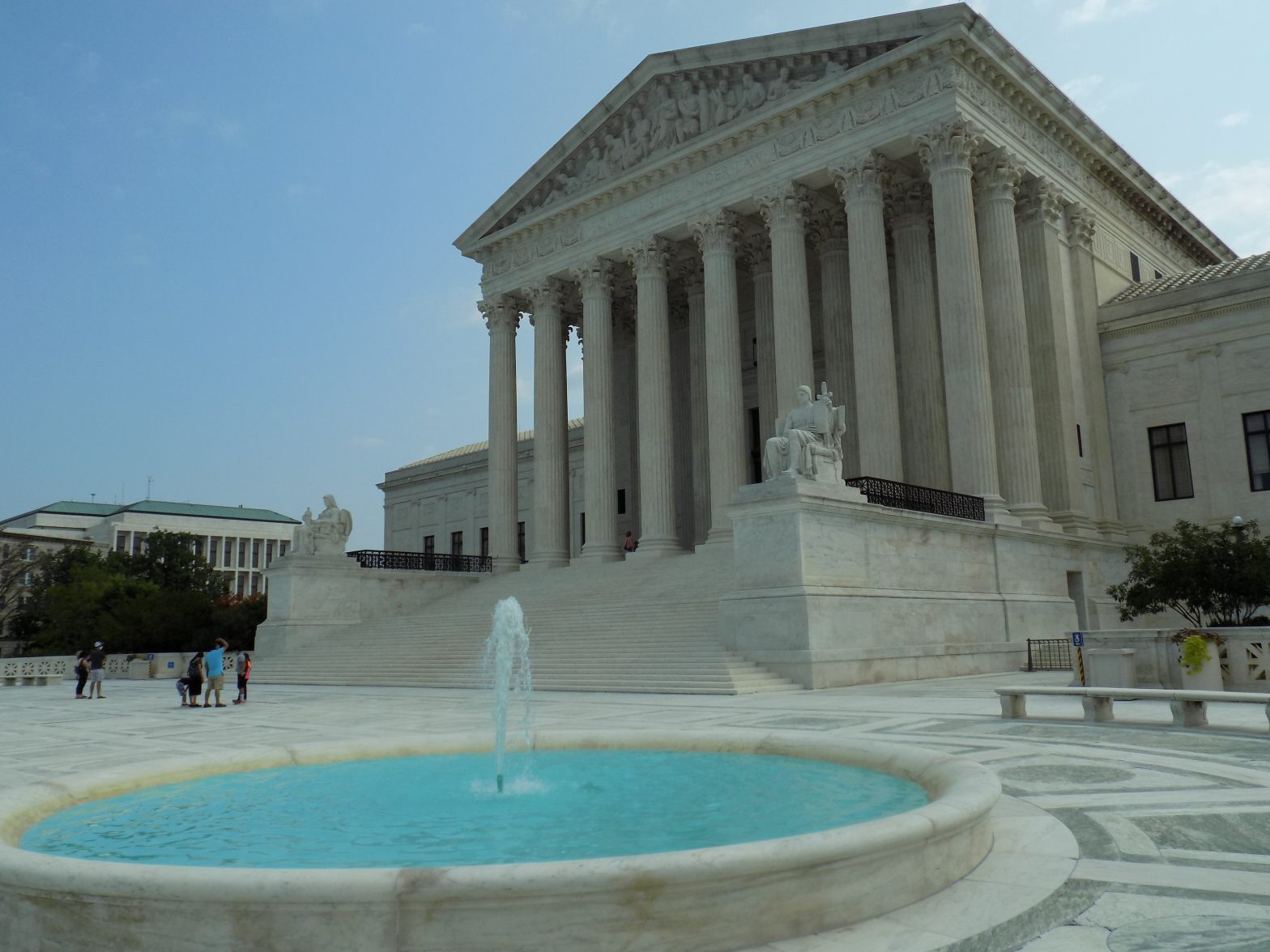Supreme Court Upholds Tribal Police in Traffic Stop

WASHINGTON – The Supreme Court ruled Tuesday that tribal police officers can stop and search non-Native Americans on tribal lands for potential violations of state or federal law.
The justices unanimously reversed an appellate ruling in favor of a non-Native motorist who was charged with drug-related crimes after a tribal officer searched his pickup truck on a public road that crosses the Crow reservation in Montana.
The Supreme Court has previously held that tribal police have little authority over non-Native Americans, a point acknowledged by Justice Stephen Breyer, who wrote the opinion for the unanimous court.
But he also noted there was an important exception. Tribes may act, he wrote, quoting a 1981 decision, when a non-Native American’s “conduct threatens or has some direct effect on the political integrity, the economic security or the health or welfare of the tribe.”
That exception, Justice Breyer wrote, “fits the present case, almost like a glove.”
“To deny a tribal police officer authority to search and detain for a reasonable time any person he or she believes may commit or has committed a crime would make it difficult for tribes to protect themselves against ongoing threats,” he wrote. “Such threats may be posed by, for instance, non-Indian drunk drivers, transporters of contraband or other criminal offenders operating on roads within the boundaries of a tribal reservation.”
The case involved a traffic stop in 2016 in which Officer James Saylor of the Crow Tribe Police Department came upon a pickup truck with its headlights on and motor running, parked on the shoulder of U.S. Route 212.
The driver, Joshua Cooley, had watery, bloodshot eyes, Saylor said. Cooley also had two semi-automatic rifles and a handgun in the pickup, as well as methamphetamine.
Saylor called for help from federal and county officers, who eventually arrested Cooley.
Charged with federal drug and gun offenses, Cooley moved to suppress the evidence against him, arguing that tribal police officers lacked the authority to investigate violations of state or federal law by non-Native Americans on public highways in Indian reservations.
The 9th U.S. Circuit Court of Appeals sided with Cooley, saying that non-Native Americans can be detained only if evidence of a crime is “apparent” or “obvious.”
The Justice Department appealed during the Trump administration and maintained its position after President Joe Biden took office.
The case is United States v. Cooley, No. 19-1414,























